In California, a contentious gun control law, Senate Bill 2 (SB 2), finds itself in legal limbo, with its enforcement temporarily suspended as legal challenges unfold. While some officials argue in favor of its repeal, others see it as a necessary step to address gun violence concerns. As the legal drama unfolds, the debate over Second Amendment rights and public safety takes center stage.
SB 2, originally slated to take effect on January 1, faces resistance from law enforcement and firearm advocates. Temporarily halted by a federal judge, the legislation seeks to restrict licensed concealed firearm holders (CCW) from carrying guns in various public spaces, including bars, places of worship, parks, and public events. The law also introduces more stringent criteria for issuing CCW permits, a move that has sparked intense criticism.
Yuba County Sheriff Wendell Anderson, a vocal opponent of SB 2, argues that while addressing gun violence is essential, the current legislative approach is misguided. “They’re fixing something that isn’t broken,” Sheriff Anderson stated, emphasizing that the law unfairly targets law-abiding citizens. His sentiments echo those of other officials who believe SB 2 encroaches on Second Amendment rights without addressing the root causes of gun violence.
The legal battle surrounding SB 2 intensified when a federal judge issued an injunction, blocking the law’s implementation. The judge’s decision, however, was short-lived, as a three-judge panel from the 9th Circuit overturned the injunction, allowing SB 2 to take effect temporarily. Subsequently, the bill faced another setback, prompting uncertainty about its future.
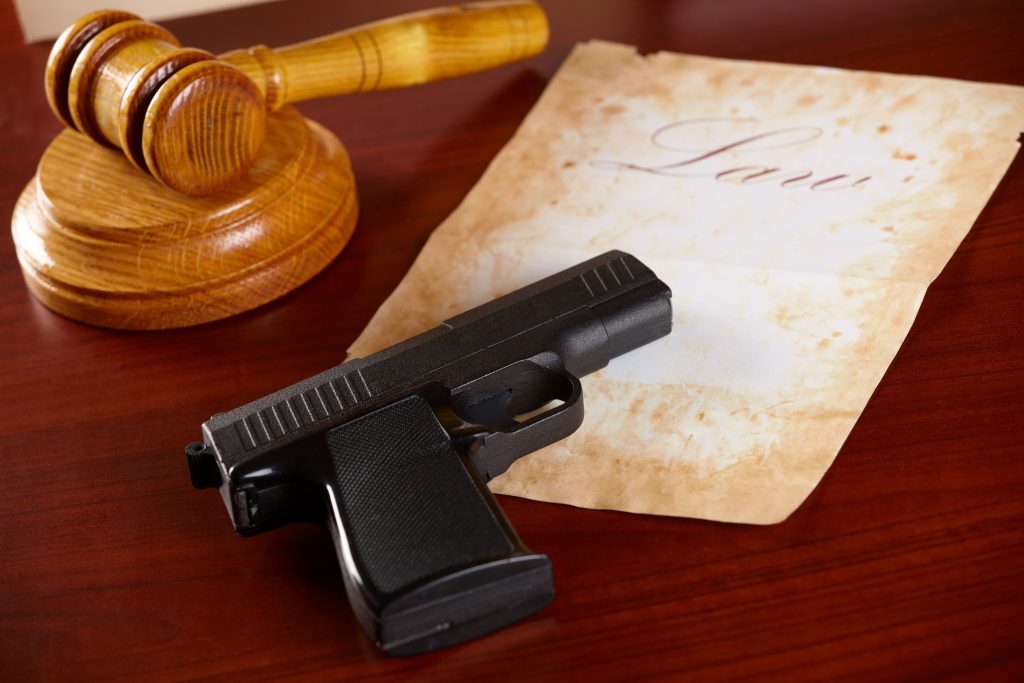
Read more:
- California Lawmaker Proposes Speed Limit Technology to Curb Road Deaths
- Tragedy Strikes as Young Dancer Dies from Mislabeling of Peanuts in Cookies
- New Concealed Carry Law Denied by Another Northern California Count
- U.S. Takes Action to Safeguard Whales Around Offshore Wind Farms
Critics argue that SB 2’s restrictions turn responsible gun owners into unintended lawbreakers, emphasizing the potential economic repercussions on local firearm retailers. Junior Evans, associated with Shooter’s Paradise gun range in Yuba City, contends that the legislation harms law-abiding citizens and local businesses. He suggests that the Department of Justice’s (DOJ) increased certification costs for CCW trainers pose an additional financial burden on firearm retailers.
The legal seesaw has elicited mixed reactions from various quarters. While some officials express disappointment with the legal setbacks, others see it as an opportunity to revisit the legislation’s merits. Governor Gavin Newsom expressed frustration with what he described as “extremist judges” overturning California’s gun law. He advocated for common-sense reforms, including universal background checks, an assault weapons ban, and raising the age to purchase a gun to 21.
California Attorney General Rob Bonta, a key proponent of SB 2, expressed disagreement with the court’s decisions and vowed to seek appellate court intervention. Bonta emphasized that SB 2 aligns with Supreme Court guidelines and represents a responsible measure to enhance public safety, particularly in response to the Supreme Court’s Bruen decision.
As SB 2 awaits its fate in the legal arena, the broader conversation surrounding gun control, constitutional rights, and public safety continues. The ongoing legal battle serves as a focal point for those on both sides of the debate, highlighting the complexities and challenges inherent in addressing gun violence while respecting individual rights. The outcome of the legal proceedings in April will undoubtedly shape the trajectory of gun control measures in California and potentially set precedent for similar debates nationwide.




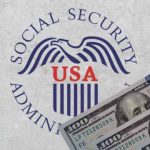



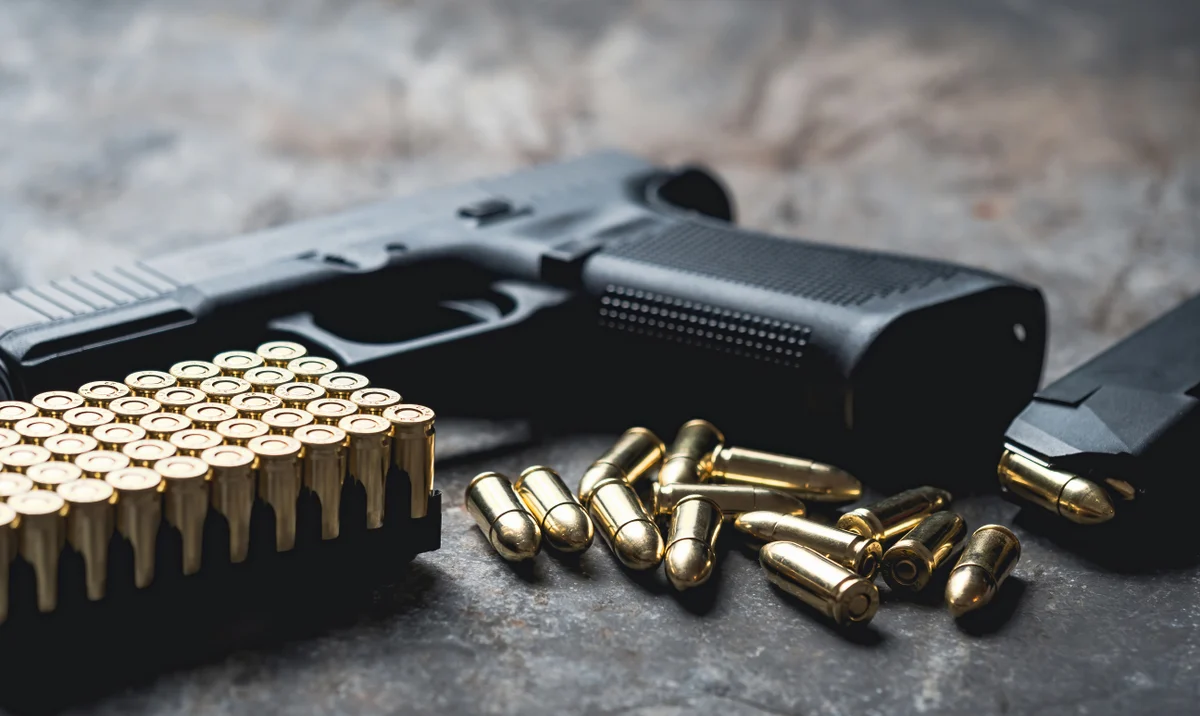
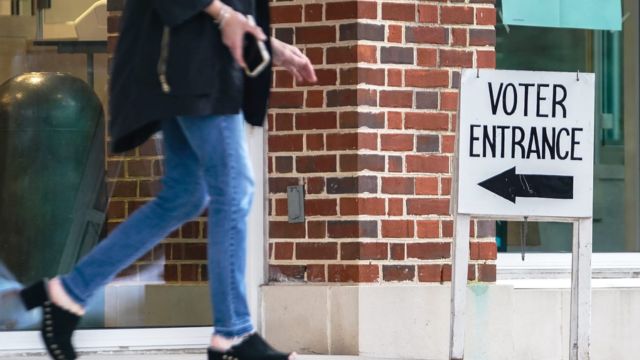
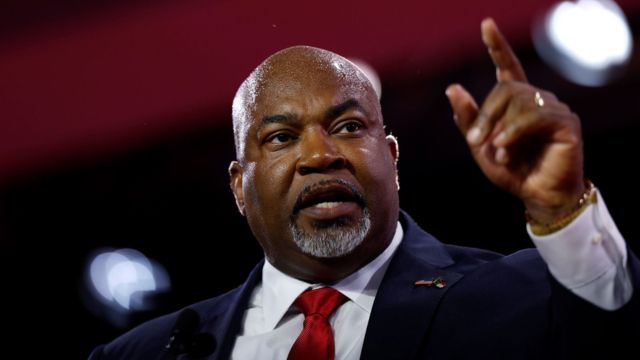
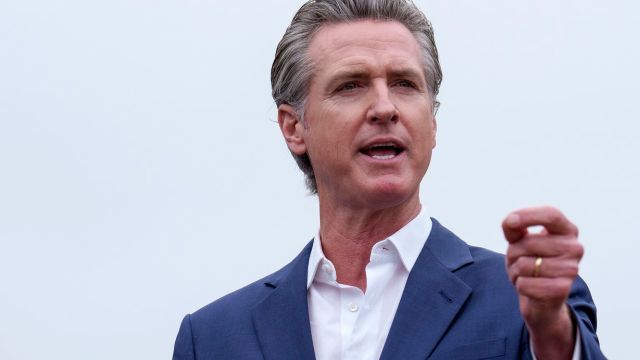
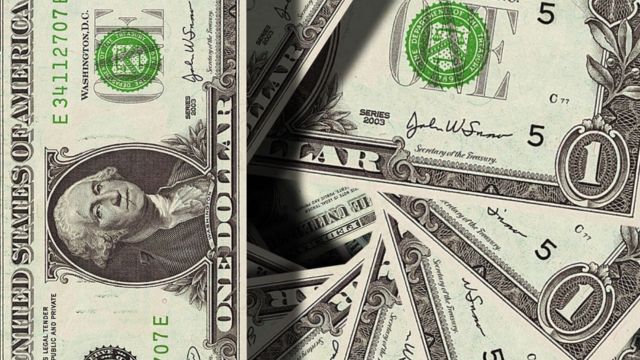
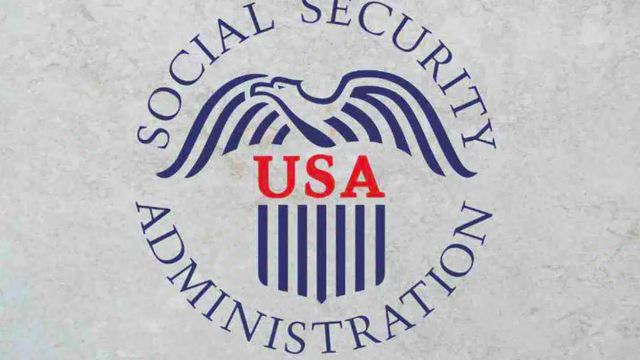

+ There are no comments
Add yours